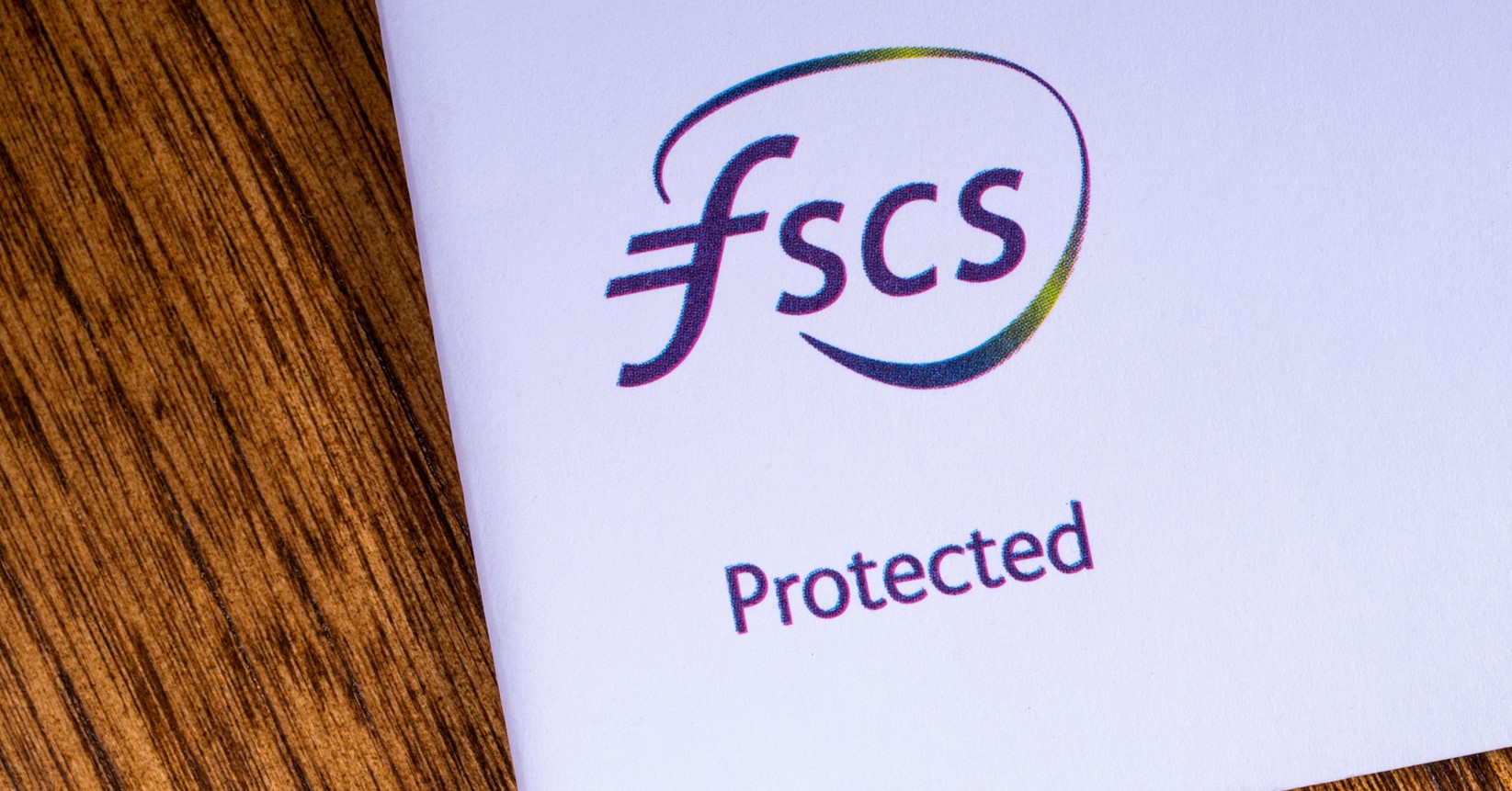Finance industry finds the cost of savings safety net rise due to careless SIPP firms
Self-invested personal pension firms are causing the levy to rise year-on-year.
There is growing pressure on pension companies to take more responsibility for the investments their clients make after a flurry of claims against failed providers.
Liberty Sipp were the most recent self-invested personal pension provider to go under, after entering administration last week. Incredibly, this makes them the twelfth Sipp firm to go into administration since the start of 2018.
Before them saw Chartergroup Finance Management enter administration in January 2020 after it couldn’t meet its compensation claims.
Berkeley Burke has also been making headlines for nearly two years after numerous claims for compensation from disgruntled clients who have lost thousands of pounds. They too entered administration in September 2019.
The FSCS are estimating there could be around 1,474 claims against Berkeley Burke which could cost the scheme more than a hundred million pounds in compensation. Smooth Commercial are assisting over 30 of their clients in the battle for compensation.
Calls for Sipp firms to take responsibility
The regularity of these cases stems from the fact that the Sipp firms have faced an onslaught of complaints from investors who put money into high-risk, unregulated investment schemes that failed, including Ethical Forestry, Global Plantations, and office developments in Dubai.
There are now calls for Sipp firms to be held more accountable, after they have traditionally denied responsibility for losses, arguing they do not provide advice, and investment decisions are made by individuals and their advisers.
The FCA have often stepped in, warning Sipp providers to carry out proper due diligence when accepting investments.
Speaking about the rise of the levy, the FSCS stated –
We now expect to make 7,700 decisions on these [SIPP] claims in 2020/21 which is a 114% increase on 2019/20.
The FSCS had also been forced into raising the levy last year, again after rising Sipp and pension transfer claims. At the time, the FSCS said it had expected more Sipp claims over the next 12 months – a prediction that did come true.
How does the FSCS compensate investors?
The FSCS is a statutory deposit insurance and investor compensation scheme. It compensates clients if a financial firm is unable to. It has often been described as a “lifeboat” fund.
In order to cover the cost of rising compensation claims, the FSCS levy has jumped by £87m this year to £635m. This levy is funded by financial firms authorised by the Financial Conduct Authority (FCA) and the Prudential Regulation Authority (PRA).
The scheme is independent of the government and the financial industry, and was set up under the Financial Services and Markets Act 2000, becoming operational on 1 December 2001. They do not charge individual consumers for using their service.
Smooth Commercial Law work alongside the FSCS to get clients the compensation they deserve. The FSCS have protected more than 4.5m people and paid out £26bn in compensation.
The scheme can pay out a maximum of £85,000 on individual investment claims.
How can Smooth Commercial Law help?
At Smooth Commercial Law, our team of experts have extensive experience in dealing with a whole manner of claims that arise from negligent and/or unsuitable financial advice. We are seeing an increase in claims for mis-sold pensions and Sipps, and have managed to secure compensation for many of our clients.
Should you have a claim, we can deal with your case and look to recover compensation for not just your loss of investment but also any adverse tax liabilities that you may now be facing as well.
You can contact our experienced team by calling 0800 046 9976 or by emailing sb@smooth-commercial-law.co.uk.

